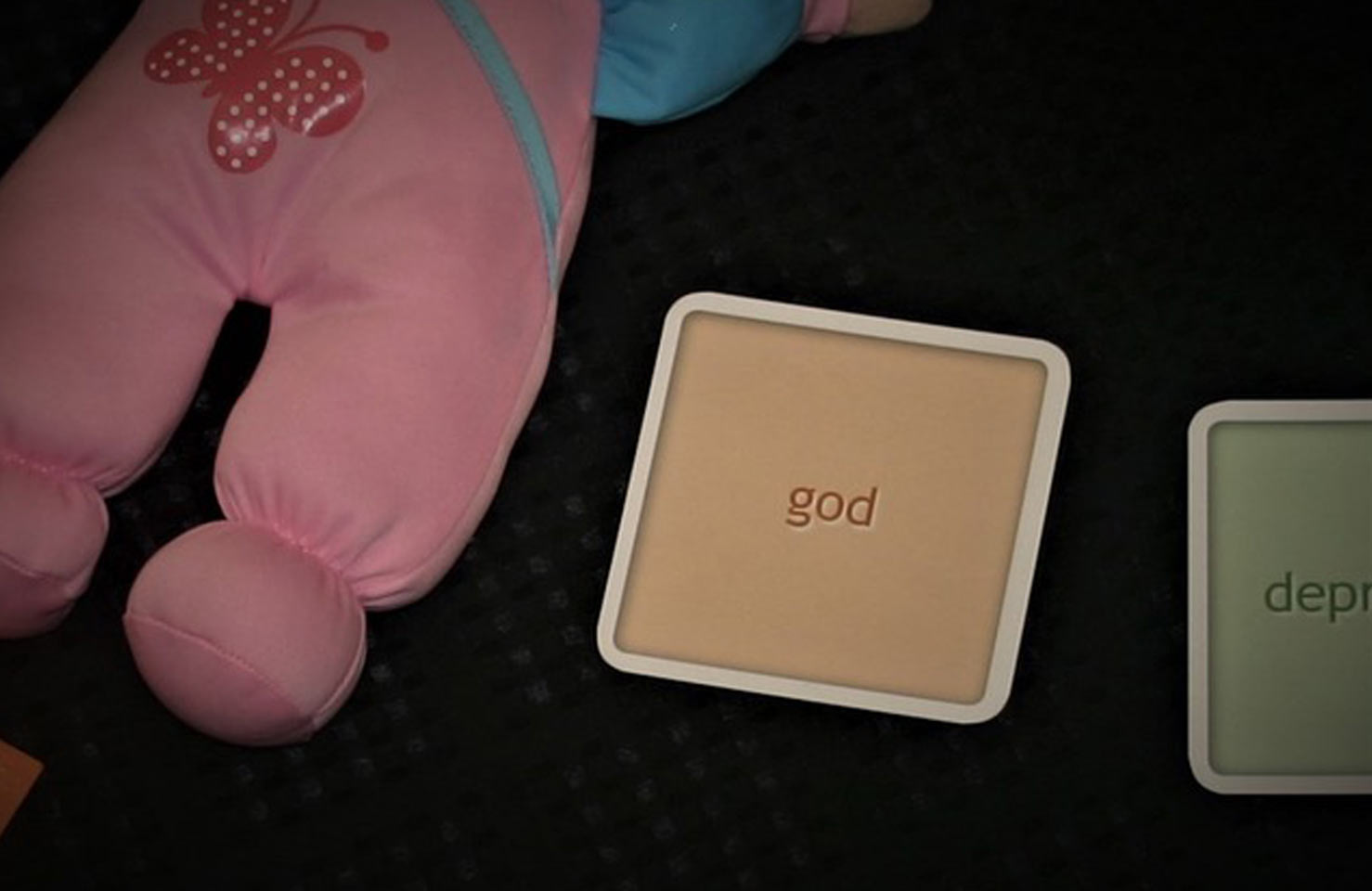The workshops, presented by Sister Nicole Rotaru RSM, elicited some powerful moments of personal sharing and opened up important discussion to better understand the experiences of domestic violence, as well as how to support those affected by domestic violence.
Reflecting on Domestic Violence
As part of an opening activity, participants were asked to choose words, images and objects that may be part of a domestic and family violence environment. Participants were invited to explain what they had chosen. This led to recognising that power and control was at the root of the violence perpetrated – power and control that was calculated, intentional and instilled fear. The following comments and reflections are based on some of the discussions that followed (please note, comments included were taken from both the Sale and Bairnsdale workshops).
Inner Turmoil
A participant selected this image and explained her reason:

Things may look good on the outside, but on the inside there is chaos.’
.JPG)
Sr Nicole explained, ‘A person who is experiencing or has experienced domestic violence can feel a lot of shame. Shame is a terrible feeling. Shame in these circumstances is debilitating and means that a person may be reluctant to share their experiences or seek assistance.’
‘From an outsider’s perspective, it can be difficult to see that domestic violence is occurring. The role of starting careful conversations and allowing a person the opportunity to really be heard and feel safe in sharing their situation is very important.’
Another participant shared:
‘After the workshop, two others opened up to me about their experiences of domestic violence. It was only in that safe environment that they felt comfortable to share this.’
Featureless Doll
This response highlighted some of the impacts of emotional and psychological abuse that result when a perpetrator undermines his partner’s confidence, identity and self-worth in an effort to control her:
‘‘My daughter had become like this doll – she had become featureless and had lost a sense of who she was. She had become like a non-person.’’
Baby Doll
‘‘I chose the doll to represent a situation of domestic violence because I know that quite often pregnancy and the arrival of a new baby can be a context of escalation of violence and it can be harder for a women to leave a relationship.’’

.jpg)
Sr Nicole invited participants to further reflect on why pregnancy could be a time when violence escalated. Responses from around the room came readily:
‘‘Pregnancy and the birth of a child bring change.’
‘The woman’s focus becomes more about the child.’
‘The woman feels vulnerable.’ ‘
Her centre of focus has changed.’ ‘
The partner can feel jealous.’
‘Power and control intensifies.’ ’
The ‘God’ card
‘I chose the “God” card because God is always with us, even in terrible situations'
Sr Nicole elaborated, ‘As a faith community we believe that God is a loving God and is in all circumstances, but it can be hard to see that in situations of violence. While God is with both victims and perpetrators, people have choice and freedom. Perpetrators make the choice to use violence.’
The question was discussed: Can violence ever occur in a momentary lapse? A participant shared his view:
‘A perpetrator will never “just snap”, they will only attack someone that is weaker.’
‘We might wonder what could be happening in a person’s life that led to that “snap,”’ said Sr Nicole. ‘Being self-aware, taking care of ourselves, monitoring our feelings and behaviours is what we are all called to do. Violence is not an acceptable response – that’s the bottom line. As a faith community, it is our role to promote and foster values and beliefs that lead to respectful relationships.’

.jpg)
The ‘Man Box’
The gendered nature of domestic violence was explored at the workshops. Statistics show that while domestic violence can be experienced by both women and men, women are nearly three times more likely than men to experience violence by a current or former partner (ABS Personal Safety Survey 2016). Gender inequality was emphasised as a key priority by the 2015 Royal Commission into Family Violence (Victoria). In the context of a faith-based community, the way that gender roles are discussed and modelled was underlined.
The Jesuit Social Services video ‘The Man Box’ was a jumping off point for discussion about the impact of societal expectations on boys and men and negative forms of masculinity. An attendee shared:
‘In the 1960’s I was a teenager, and that was me. When I was struggling, I didn’t talk to anyone. I felt I had to be tough to impress my peers and the girls. I’ve now been educated and have been able to change. Education is the key. Not just in schools, but in how gender roles and relationships are modelled.’’
The ‘Shining the Light’ workshop has also been held in Berwick and will be held in Traralgon in the coming weeks.
Story Source: Catholic Social Services Victoria